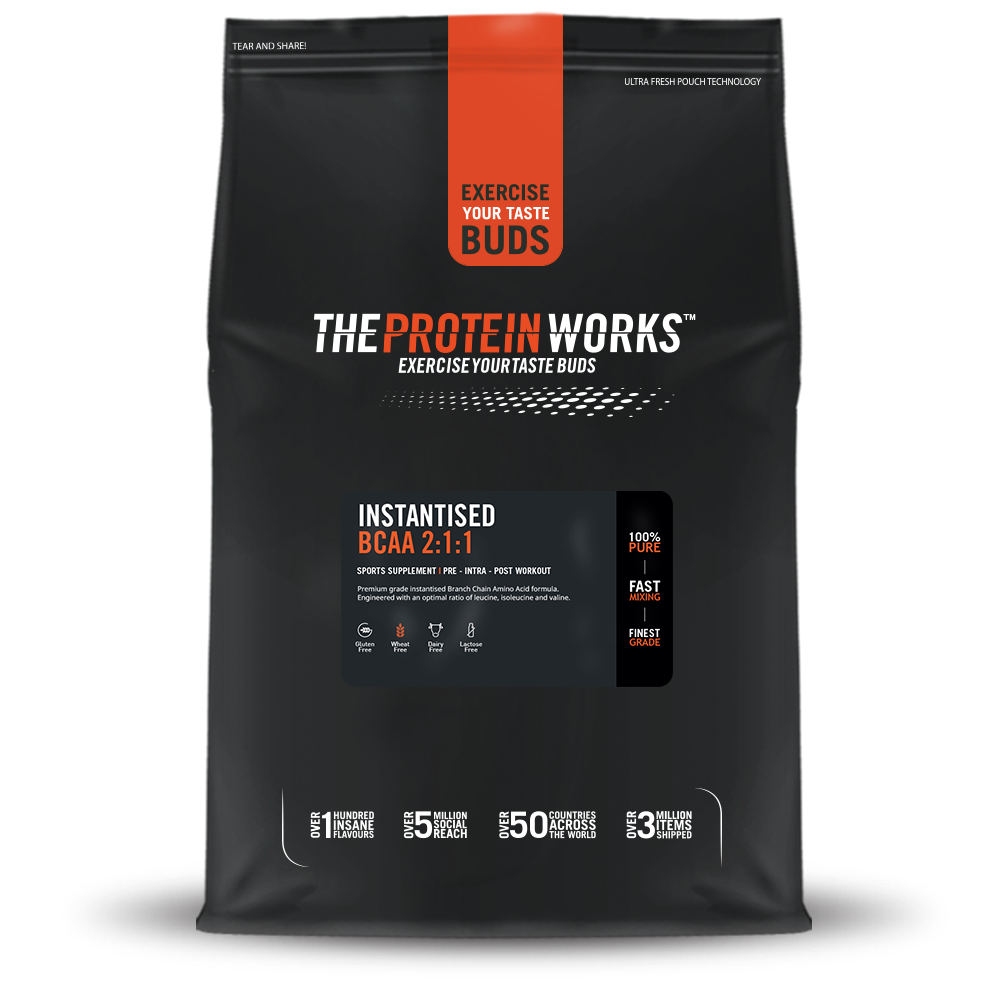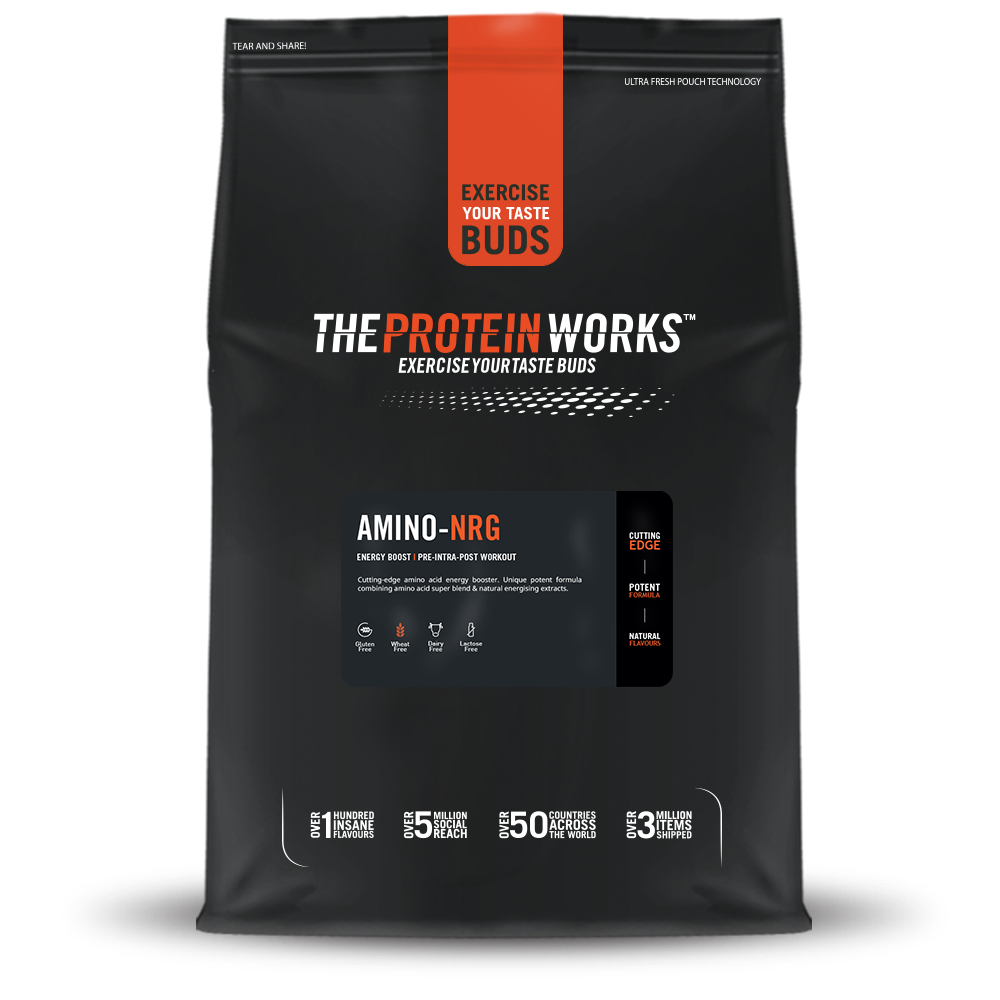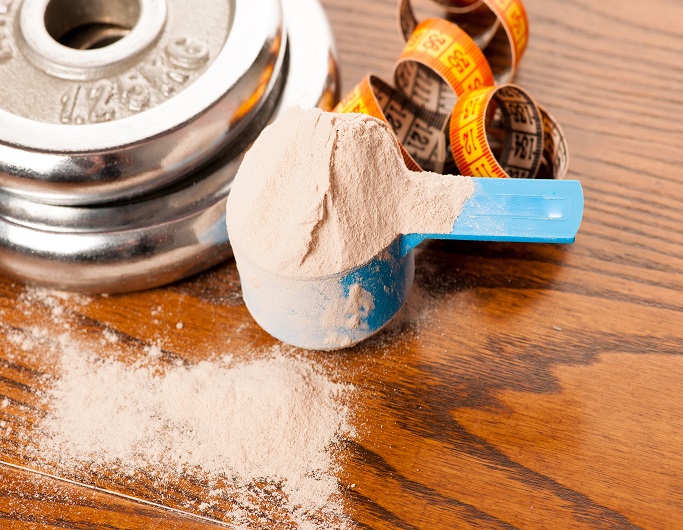Are BCAA’s Worth it?
So, the chances are, if you’re reading this, you’re looking for a way of improving your recovery rates, reducing that delayed onset muscle soreness and increasing muscle mass. BCAA’s may be the answer or they may not?
If you’re already consuming an adequate amount of protein e.g (1-2g of protein per 1lb of muscle mass), then BCAA’s are not a necessity but more of a luxury, whereas if you’re not consuming enough then they should be added to your stack to help trigger the all-important protein synthesis.
It should be noted that in order to trigger protein synthesis that your body has a leucine threshold that you need to surpass. Now, for the most part, this is around the 30g of quality protein mark but varies for everyone depending on your body size, weight, age and even activity levels.
So in order to make sure that your body is activating protein synthesis you must make sure you’re hitting this threshold, otherwise your body won’t be activating it to its optimal performance level.
This is one of the reasons why bodybuilders consume high protein meals throughout the day helping to maintain this threshold, rather than either eating 3 large meals or lots of low protein ones too. So, if you feel that your protein intake during the meal is not adequate then BCAA’s may be the perfect helping hand to boost your leucine intake.
It is well documented that other supplements such as protein powders and high protein foods such as chicken have shown to have a greater effect on protein synthesis even with the same amount amino acid contents.
However, if you’re on a calorie restricted diet, or just not hungry then BCAA supplementation can still help you do this without the added calories or other macronutrients harming your diet goals. Plus they taste awesome, and if mixing with water, it helps to keep you hydrated too, so a win-win really.
Many BCAA blends contain more than just amino acids too, for example, many pre-workouts contain BCAA’s but also combine this with energy releasing and muscle building ingredients such as creatine monohydrate, citrulline malate, glutamine, so you’re getting awesome value for money. Something definitely worth looking out for if you taking multiple supplements as it is anyway.









No Comments yet!